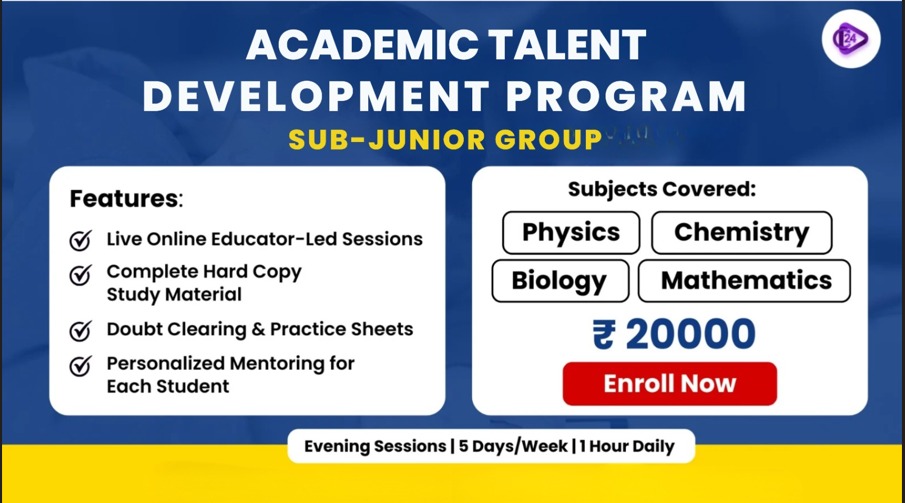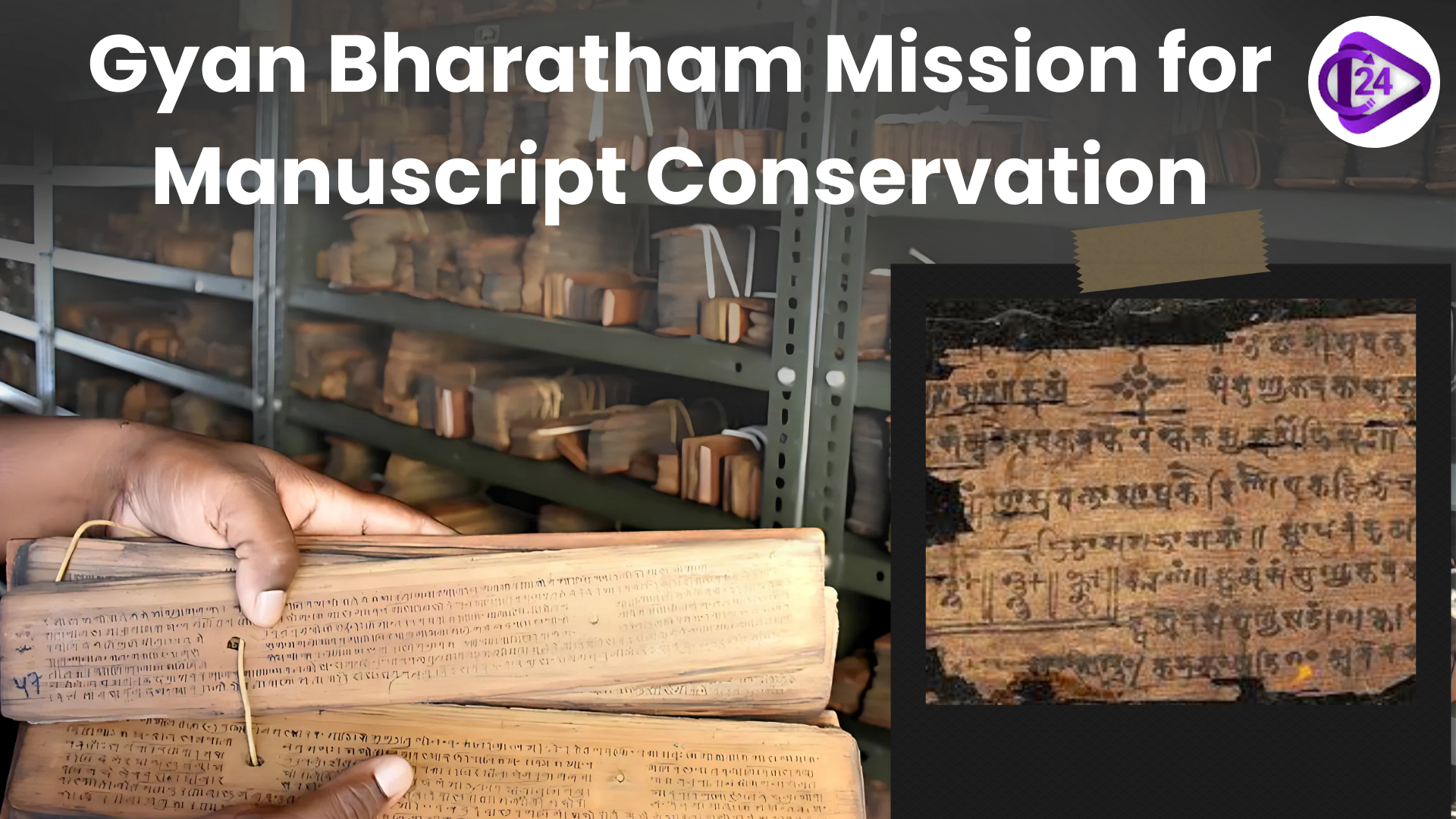
On the 9th of June, Prime Minister Narendra Modi will introduce the new Gyan Bharatham Mission, which is an improved version of the National Manuscripts Mission. The initiative is planned for next year and will help to digitize more than 1 million Indian manuscripts. This academic field deals with manuscripts that are kept in various academic institutions, libraries, museums, and by private collectors. With this mission, the government is trying to revive the National Manuscripts Mission's aim which could not be accomplished when it was introduced in 2003. National treasures must be safeguarded by first surveying, documenting, and recording them digitally.
Summary
-
Gyan Bharatham Mission plans to use digital devices for storing India’s ancient manuscripts from various places and collections.
-
The initiative is part of the 2025–26 budget plan and aims to improve on the earlier mission.
Key Points
Objective:
-
Collect, outsource, digitalise and secure India’s manuscripts.
-
The plan is to harvest a whopping 1 crore manuscripts.
Background:
-
Given to IGNCA, the National Manuscripts Mission (NMM) which began in 2003, will now be revamped.
-
Spends were increased from ₹3.5 crore to ₹60 crore.
Current Status:
-
Data about over 52 lakh manuscripts has been compiled.
-
Seventy thousand titles out of three lakh of digitised books are currently available.
-
Lack of an appropriate access policy means it is not currently possible for private collections to be openly shared.
Institutional Support:
-
The IGNCA is an organization functioning under the Ministry of Culture.
-
Digitisation must be supported by the Oriental Research Institute in Mysuru.
The experts are listed below:
-
CILL, Mysore
-
IIT Bombay
-
The Central Sanskrit University
-
The Google Arts & Culture website
Features of Gyan Bharatham Mission
Revamped Initiative:
-
The National Manuscripts Mission (NMM) falls under the National Centre for the Arts.
-
It was set up in 2003, though its use was very limited.
Budget Allocation:
-
Money raised: The amount has increased from ₹3.5 crore to ₹60 crore.
-
The Union Budget for 2025–26 included the announcement of this.
Scope:
-
Expected to catalogue over 1 million manuscripts found in India.
-
Participates in surveying, recording information and saving data in a digital form.
-
Sharing ideas with educational institutions, libraries, museums and those who have their collections.
Progress Made:
-
Digital Archive:
-
52 lakh manuscripts have been included in the metadata developed by NMM.
-
About 3 lakh works have been digitized by the National Library, but only 70,000 are open for viewing by everyone
-
-
Reasons for limited access
-
Having no policy for access to resources.
-
Access to 80% of manuscripts is difficult because they are in private hands.
-
-
Ongoing Conservation Efforts
-
New conservation laws are constantly being developed.
-
In 21 years, NMM has protected over nine crore folios.
-
Dealing with problems and challenges:
-
Lack of public access
-
You can find most manuscripts in the collections of private owners.
-
The absence of appropriate rules for granting public access.
-
-
Cultural Preservation:
-
A partnership between private collectors and the government is necessary.
-
-
Technological Integration:
-
There is a need for technology and storage facilities to preserve heritage.
-
Team-ups with tech firms to preserve information through technology.
-
Conclusion:
Overall, the Gyan Bharatham Mission aims to make a large digital preserve of all kinds of Indian manuscripts. With a larger budget and the help of experts, the mission is expected to deal with previous challenges and make more ancient knowledge systems open to the public.



 Lt.-Gen. Pushpendra Singh Appointed as Vice-Chief of Army Staff
Lt.-Gen. Pushpendra Singh Appointed as Vice-Chief of Army Staff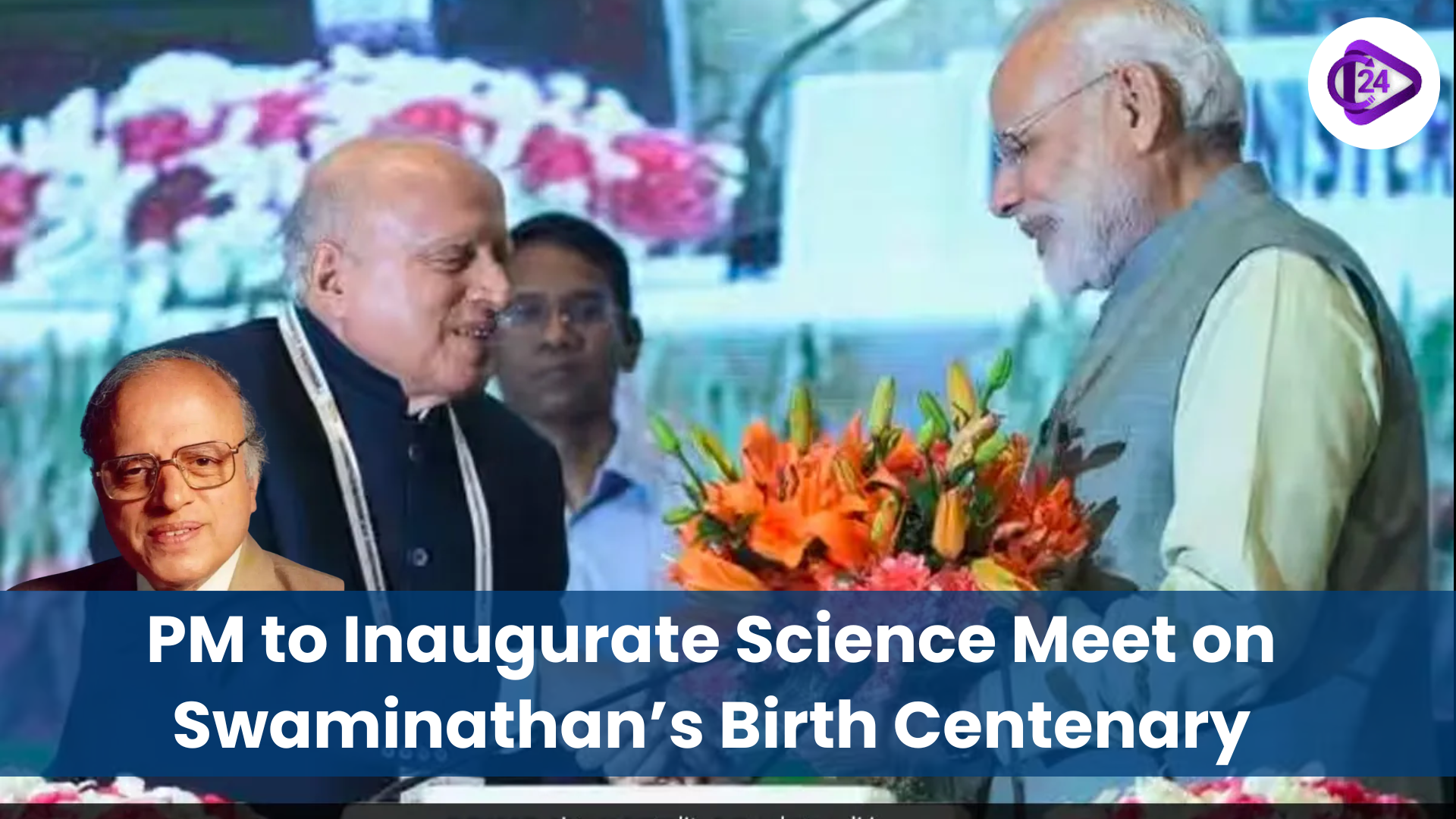 PM to Inaugurate Science Meet on Swaminathan’s Birth Centenary
PM to Inaugurate Science Meet on Swaminathan’s Birth Centenary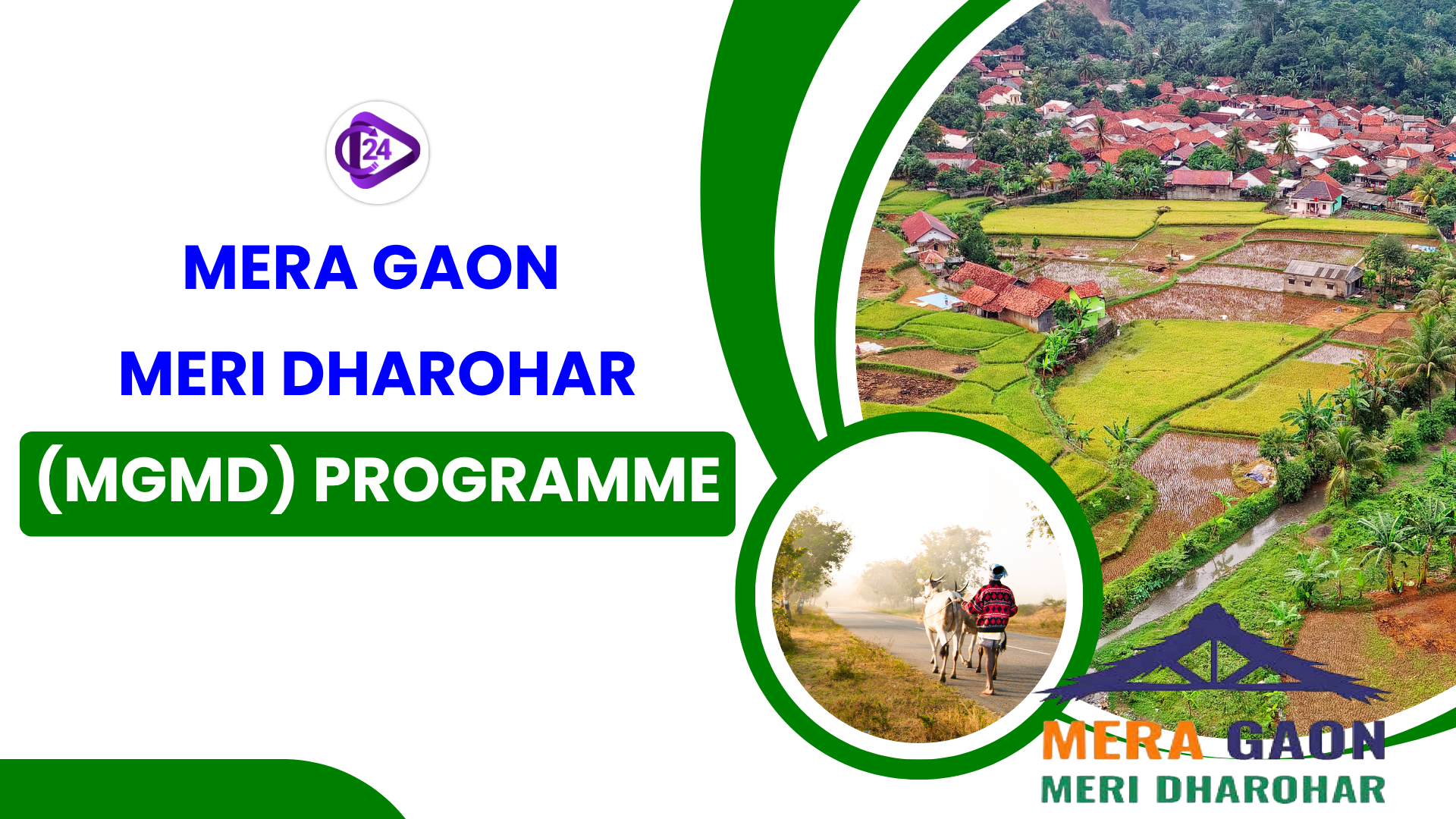 Mera Gaon Meri Dharohar (MGMD): Cultural Mapping for Rural Identity and Development
Mera Gaon Meri Dharohar (MGMD): Cultural Mapping for Rural Identity and Development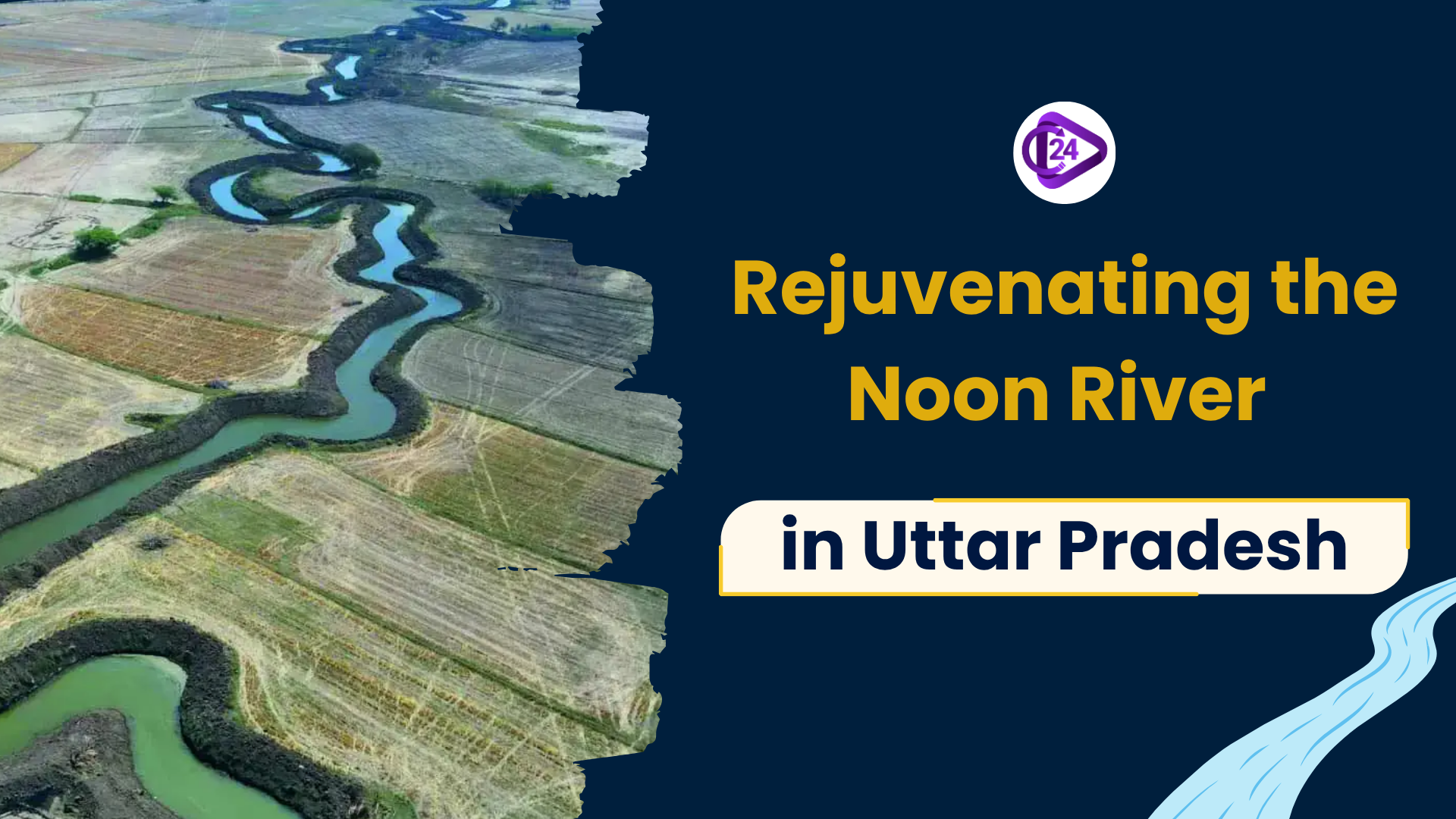 Rejuvenating the Noon River: A Model of Community-Led River Restoration in Uttar Pradesh
Rejuvenating the Noon River: A Model of Community-Led River Restoration in Uttar Pradesh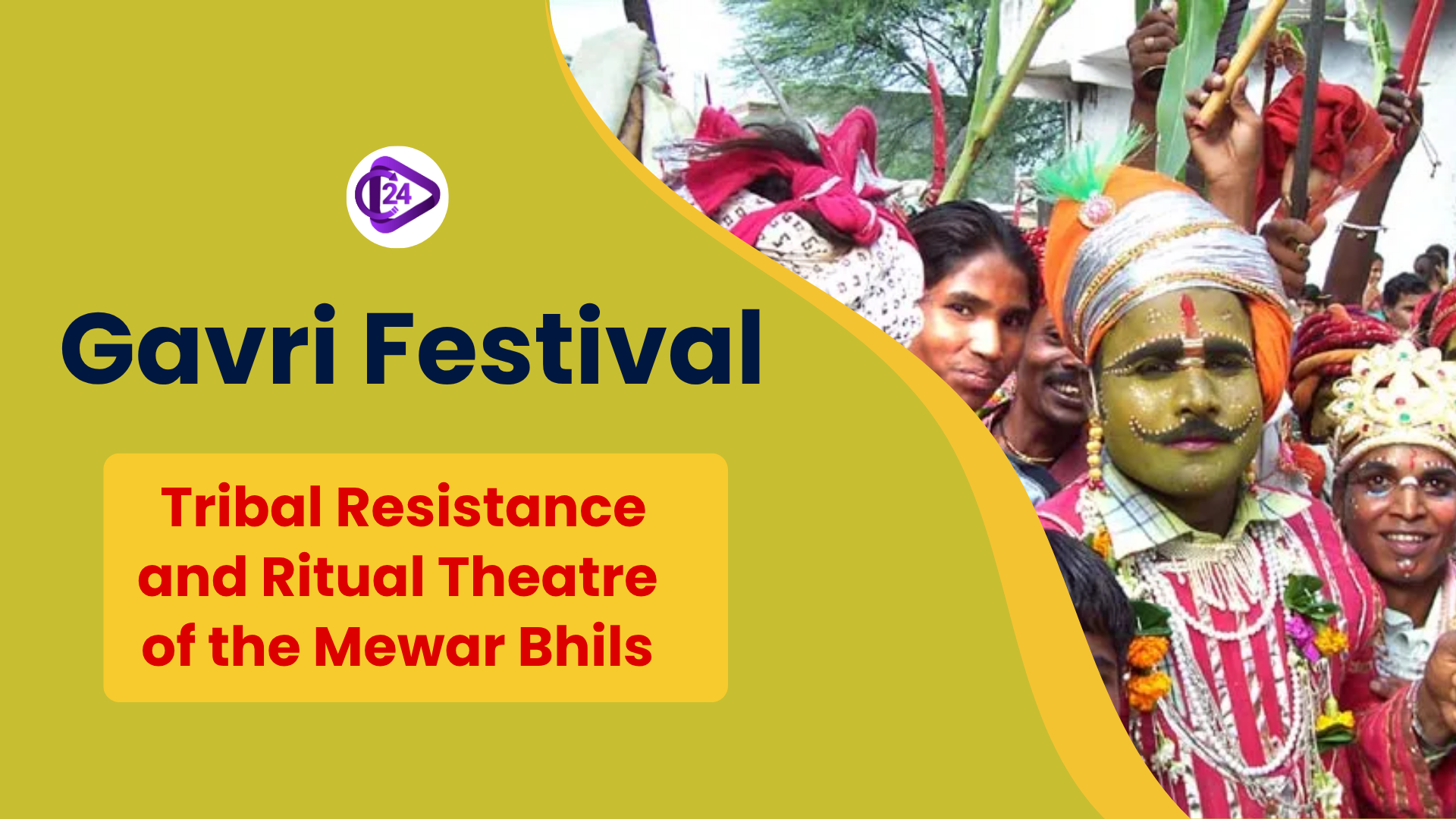 Gavri Festival: Tribal Resistance and Ritual Theatre of the Mewar Bhils
Gavri Festival: Tribal Resistance and Ritual Theatre of the Mewar Bhils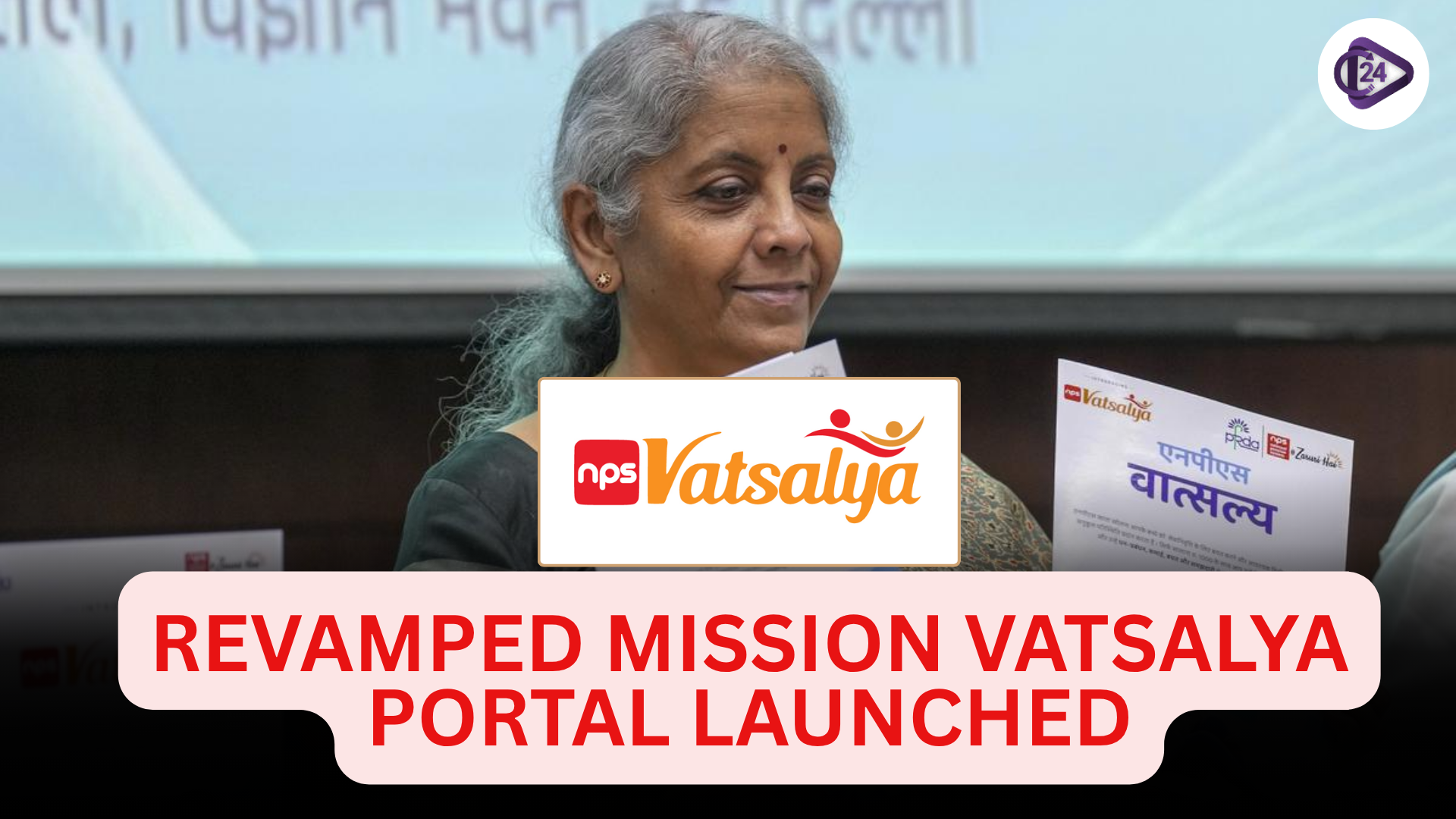 Mission Vatsalya Portal Relaunched to Strengthen Child Protection Services
Mission Vatsalya Portal Relaunched to Strengthen Child Protection Services Parliament Begins Process to Remove Justice Yashwant Varma
Parliament Begins Process to Remove Justice Yashwant Varma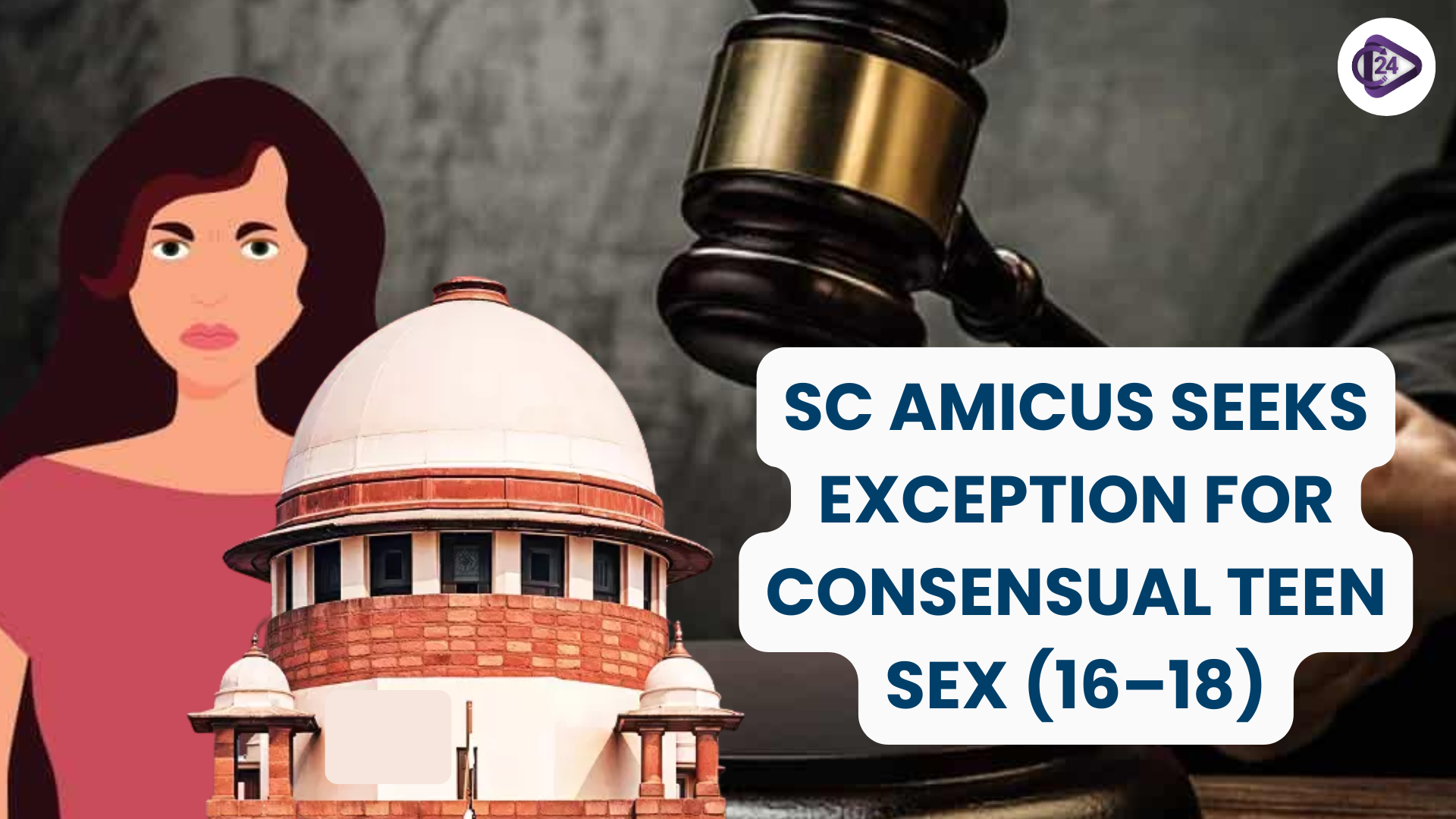 SC Amicus Seeks Exception for Consensual Sex Between Adolescents Aged 16–18
SC Amicus Seeks Exception for Consensual Sex Between Adolescents Aged 16–18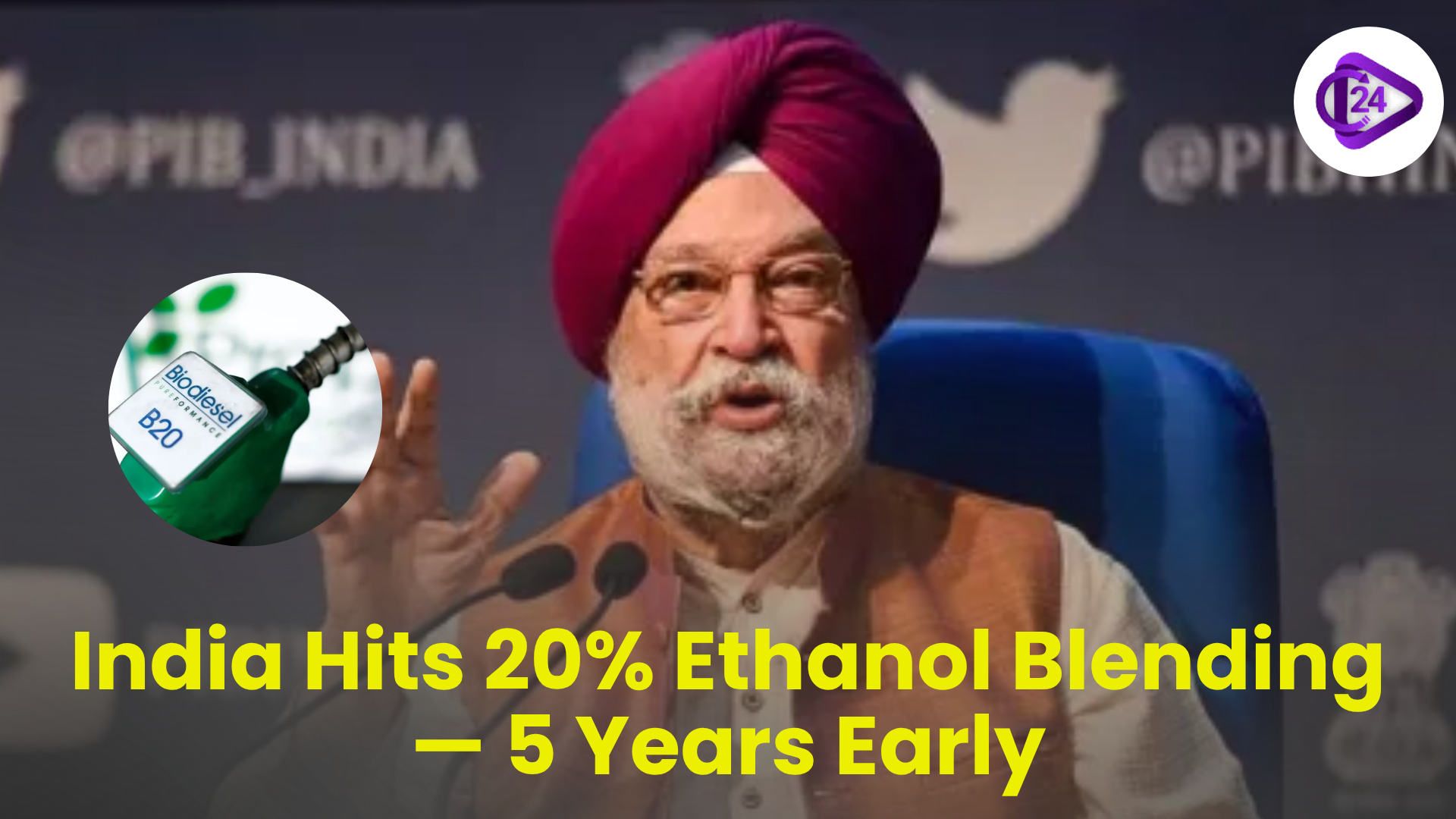 India Achieves 20% Ethanol Blending in Petrol — 5 Years Ahead of Target
India Achieves 20% Ethanol Blending in Petrol — 5 Years Ahead of Target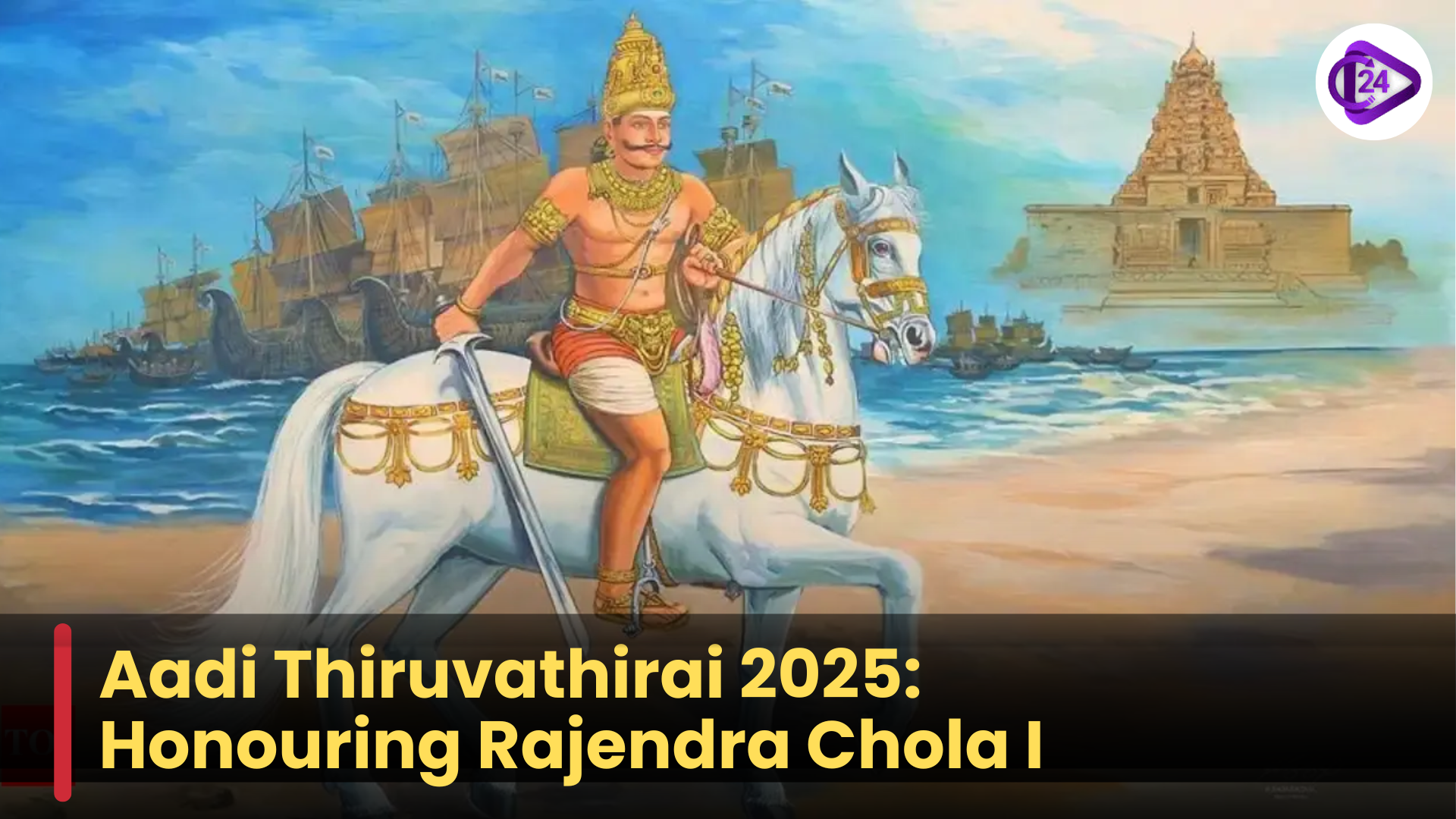 Aadi Thiruvathirai 2025: Honouring Rajendra Chola I
Aadi Thiruvathirai 2025: Honouring Rajendra Chola I
